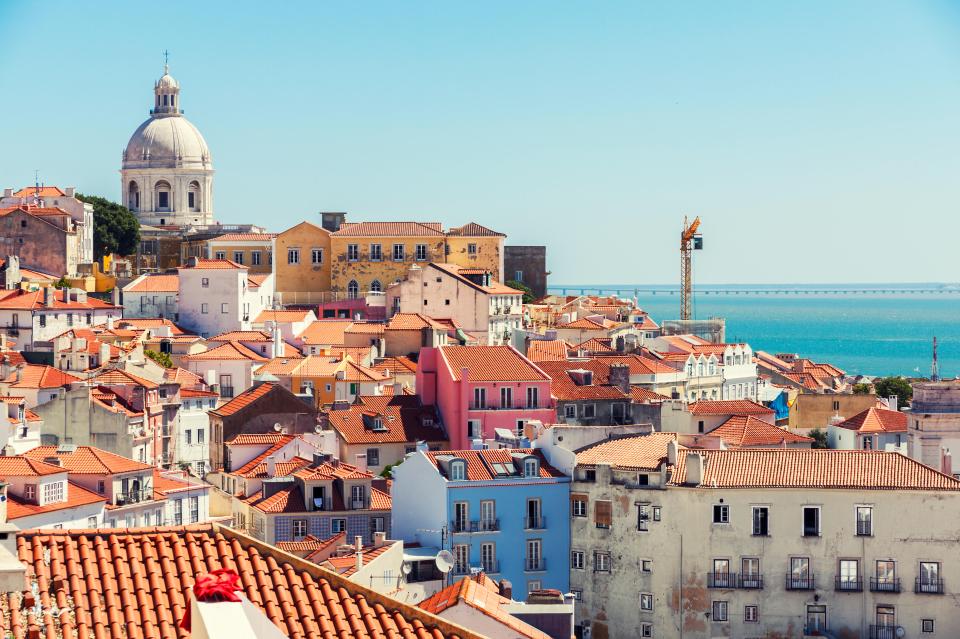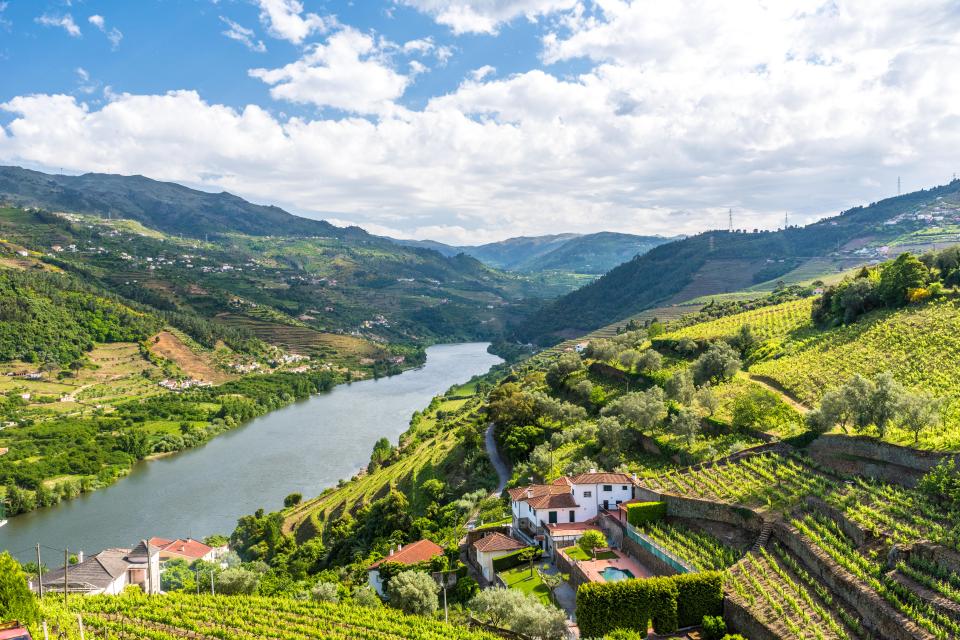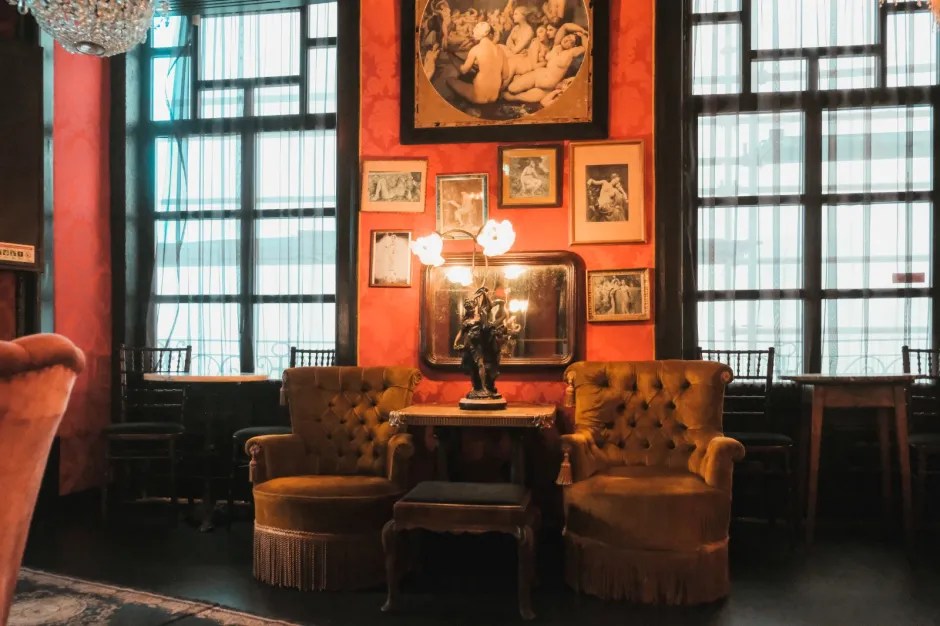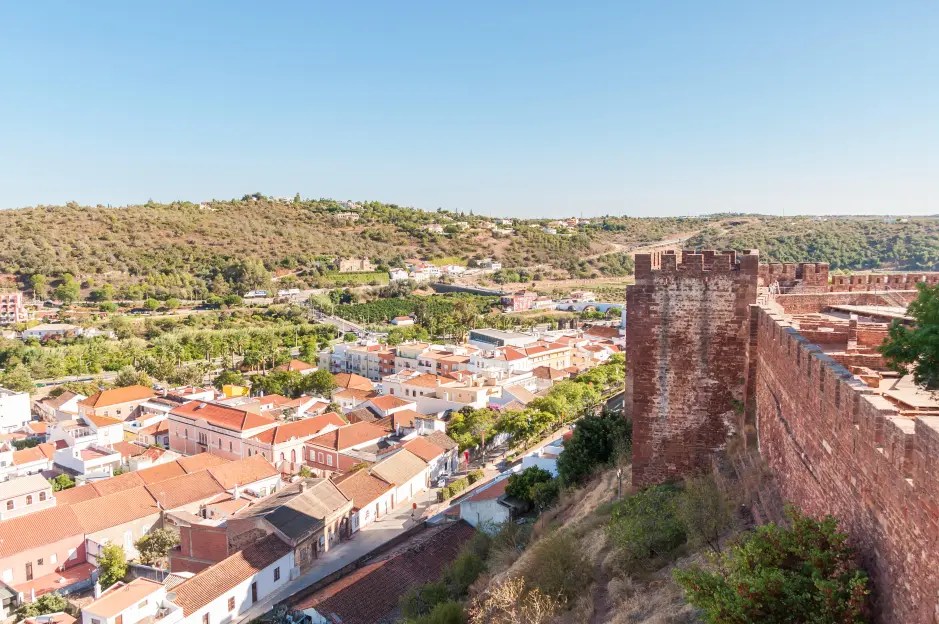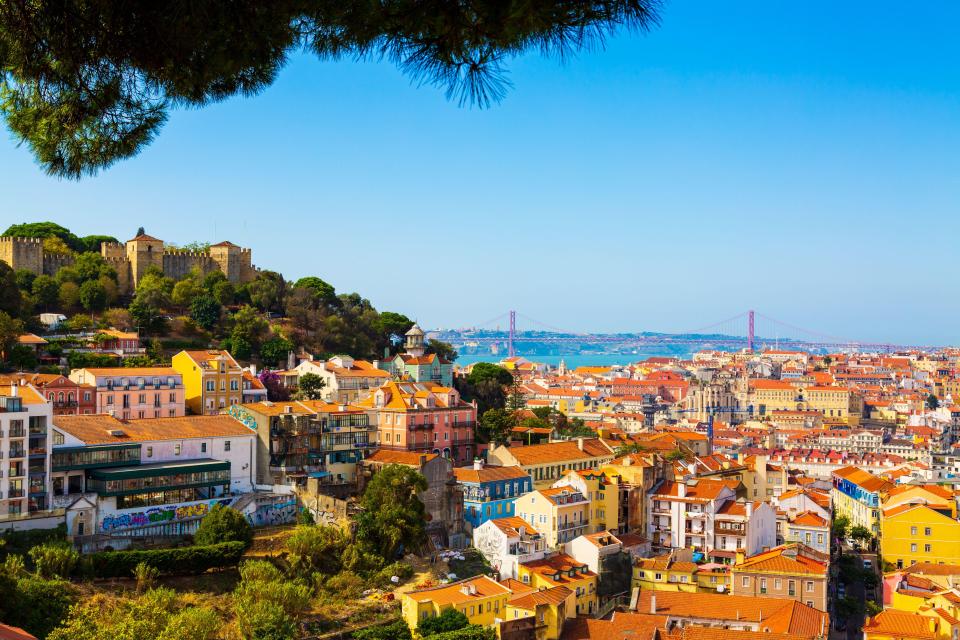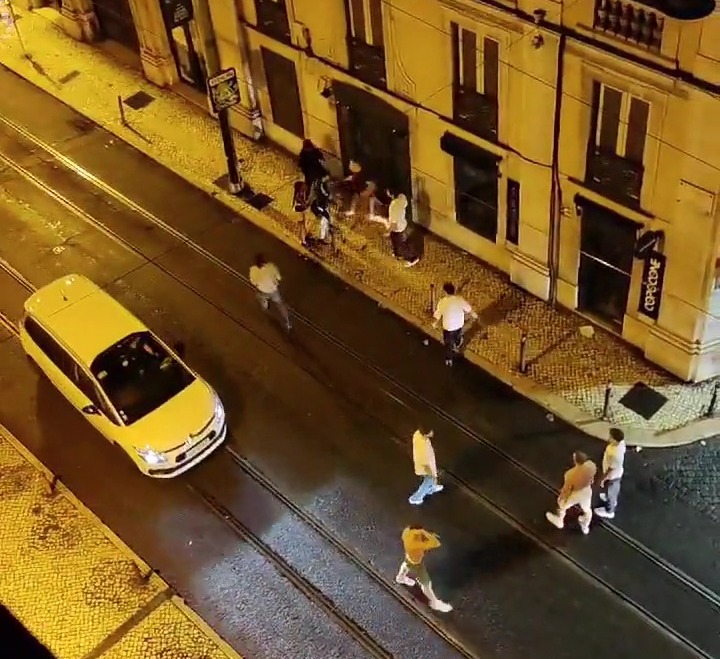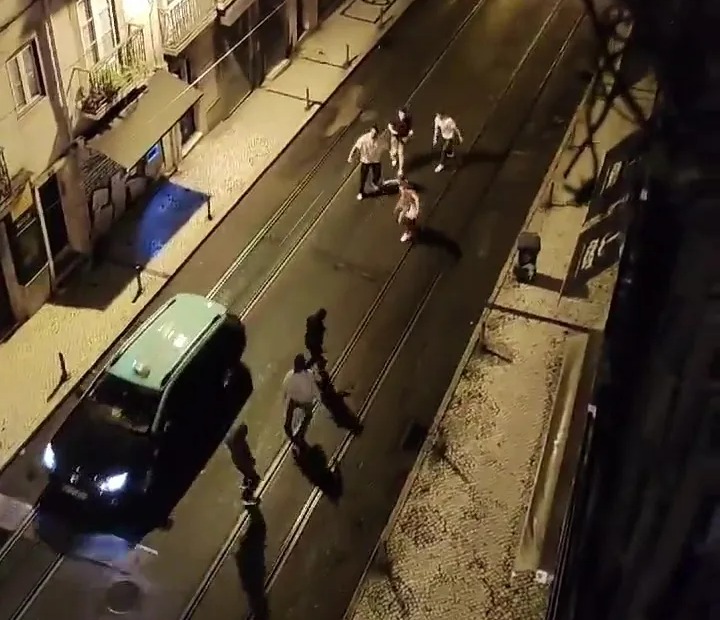Underground cable faulty in Lisbon funicular crash, report says

Rescuers and firefighters operate at the scene after the Glória Funicular cable railway derailed in Lisbon, Portugal, on September 3. A preliminary report on the crash found a non-compliant steel cable snapped before the crash. File Photo by Miguel A. Lopes/EPA
Oct. 21 (UPI) — A preliminary report released Tuesday about last month’s deadly crash of one of Lisbon’s famed funiculars found that an unapproved underground cable snapped just before the incident.
The Sept. 3 crash of the Elevador da Glória, a 111-year-old two-car funicular that operates the sloping streets of Portugal’s capital, killed 16 people after one of the cars broke free and crashed into a building along the route. More than a dozen other people were injured in the incident.
The preliminary report by Portugal’s Air and Rail Accident Investigations Bureau found that the cause of the crash was an underground cable that snapped, allowing the car at the top of the hill to break free.
Though the cable had a minimum breaking load within the safety parameters of the Glória Funicular, the investigators found the cable was not in compliance with specifications by the city’s transport operator, CCFL.
The haulage cable ran between the two cars and acted as a counterweight between them as one descended the hill and the other ascended from the opposite direction.
The cable broke seconds after the two cars began their 54th trips of the day. While the bottom car abruptly stopped and remained largely in place at the bottom of the hill, the top car lost power and began to increase speed down the hill. According to investigators, the brakeman of the top car attempted to engage the pneumatic brake system, and when that didn’t work, he tried to use the manual brake.
While the brakeman’s maneuvers caused a slight decrease in acceleration, the car was still steadily increasing its speed down the hill. It successfully negotiated the first slight curve in the track, but derailed at the next, sharper bend in the track.
The car then slammed into a building along the route.
Investigators said the haulage cable — multiple strands of twisted steel — showed various breaks in the smaller metal strands that happened at different times.
“The failure occurred progressively over time and involved multiple fracture types,” the report said.
Workers installed the cable between Aug. 26, 2024, and Sept. 30, 2024, as part of what the bureau described as an intermediate repair of the Glória Funicular. This type of cable is commonly used in funiculars, the report said.
However, the manufacturer of the cable said it could not be used with a swivel, a rotating part on the cars that attached them to the cables.
“At this time, it cannot be said whether the use of this type of non-compliant cable intervened, or what intervention it had, in the rupture,” the report said. “And it is certain for the investigation that there were other factors that had to intervene.”
Since the crash, the head of Lisbon’s public transport has been fired and though Lisbon Mayor Carlos Moedas faced accusations he failed in his oversight of the funiculars, he won re-election Oct. 12, according to the BBC.
He told SIC television the results of the report released Monday “reaffirms that the unfortunate tragedy … was due to technical and not political causes.”
The bureau is expected to release a final report on the crash in September 2026, The New York Times reported.



